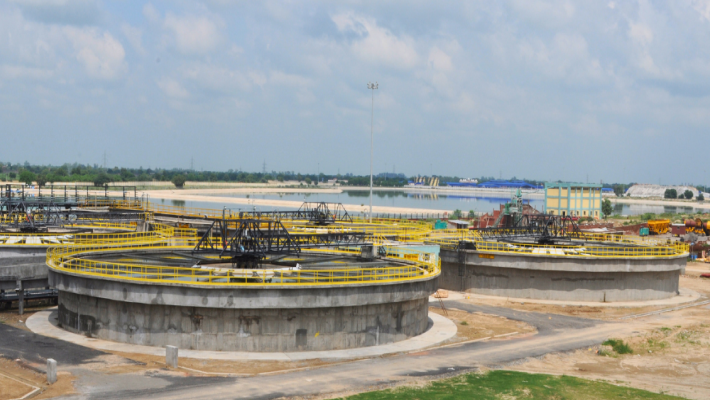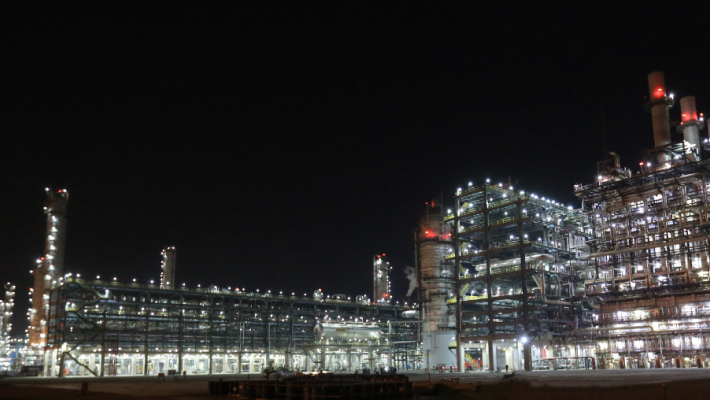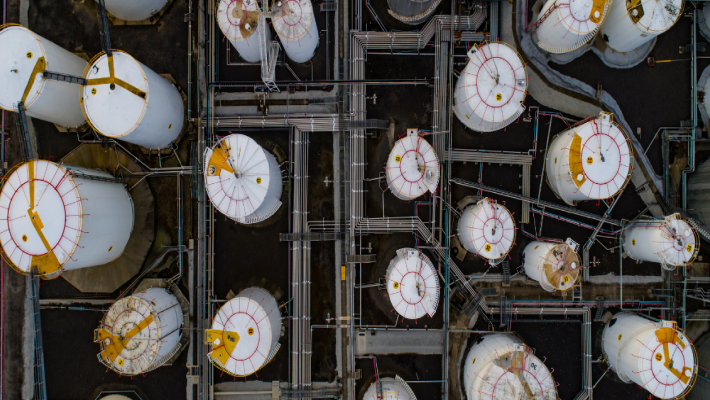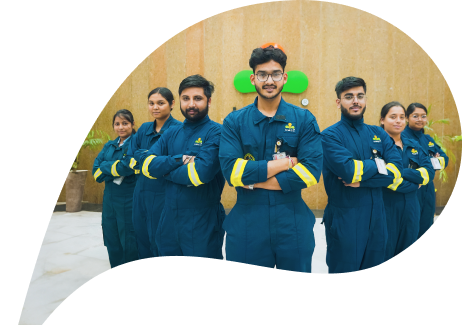Water is indispensable in the most demanding and complex industry – oil and gas. It is a vital resource used in various processes in oil refineries. The traditional ways of water usage in the sector are being scrutinized for their environmental impact and sustainability. This article talks about how HMEL is working towards technology-driven, innovative water management methods and initiatives in oil refineries.
Dependency of the oil and gas industry on water
The oil and gas industry is one of the most critical industries globally. People associated with this industry accept that it is inevitable to have large water usage in order to produce energy products. Water is used in all processes, from cooling and processing to cleaning. Wastewater is produced in upstream, midstream, and downstream production processes. The quality of water used directly influences the refining process, impacting the efficiency of operations and the quality of the final product.
Why the industry is looking for better water management?
The industry understands its dependency on water and is finding ways to reduce its usage, improve treatment technologies and disposal options, enhance reuse and recycling opportunities, and more. Effective wastewater management in the industry is vital not only for reducing costs and maximizing profitability but also for conserving a vital resource: water.
With the rapid increase of urbanization and industrialization, water as a resource is under tremendous pressure. The drastic climate changes also lead to a scenario that will alter how water is managed and allocated to industries. In the future, water may become a constraint in the development of the oil and gas industry.
HMEL: Leveraging cutting edge technology to reduce our water footprint
HMEL has always been a forerunner in identifying industrial and environmental issues to streamline them by using the best technology innovations. For any resource crunch in the future, the action is needed now. We have been working towards devising strategies and setting targets for improving water efficiency and wastewater management.
We have been successful in finding ways to limit or reduce water usage by increasing efficiency and reusing and recycling water. HMEL is a technology-driven organization, and we have integrated a wide range of technology and our learnings to revolutionize water management in our operations and create solutions that provide alternatives to traditional ones. Our facilities are not just oil refining hubs but also centers of innovation where water recycling and treatment are conducted with utmost precision and efficiency. By implementing advanced systems like reverse osmosis and ultrafiltration, we have significantly reduced our water footprint, demonstrating our commitment to sustainable resource use.
A few initiatives by HMEL
HMEL gets regular water audits to understand the usage in various areas. A few initiatives include a plan to float solar photovoltaic panels over water reservoirs to reduce evaporation losses. It is also working to integrate robotic arm technology to remove silt from water reservoirs. We achieved the massive task of recycling 100% of its wastewater through sewage treatment plants and effluent treatment plants in 2022. The reduction in water demand is achieved by providing required treated water, demineralized water, service water, and BFW from the water block units of the refinery. Waterblock comprises a Raw Water Treatment Plant (RWTP), an RO-based DM plant, and a CPU. In our Petrochemical project, we have designed RWTP to treat the recycled water within the plant rather than draining outside the plant. Hence, overall recovery of water in RWTP is 99.92 % and amount of water not recovered from wet sludge through centrifuge is only 0.08 %.
HMEL is involving the community and people in its endeavors
Since water is a shared resource, our initiatives go beyond operational boundaries. We aim to create awareness among communities we serve and are part of. Apart from rainwater harvesting, we are increasing awareness of efficient water use practices through education programs. We encourage our employees to explore new ideas, learn from global best practices, and implement solutions that push the boundaries of what’s possible in water management.
Conclusion
Multifaceted Approach
Our approach to water management in the oil and gas industry is multifaceted. It involves community-based, environmental, and economic decisions. By optimizing our water usage, we improve our operational efficiency, reduce costs, and contribute to the national economy. Being a technology-driven organization, we employ proactive and sustainable practices to set a benchmark in the industry that reflects our commitment to pursue our environmental responsibility blended into economic prosperity.






 no updates
no updates